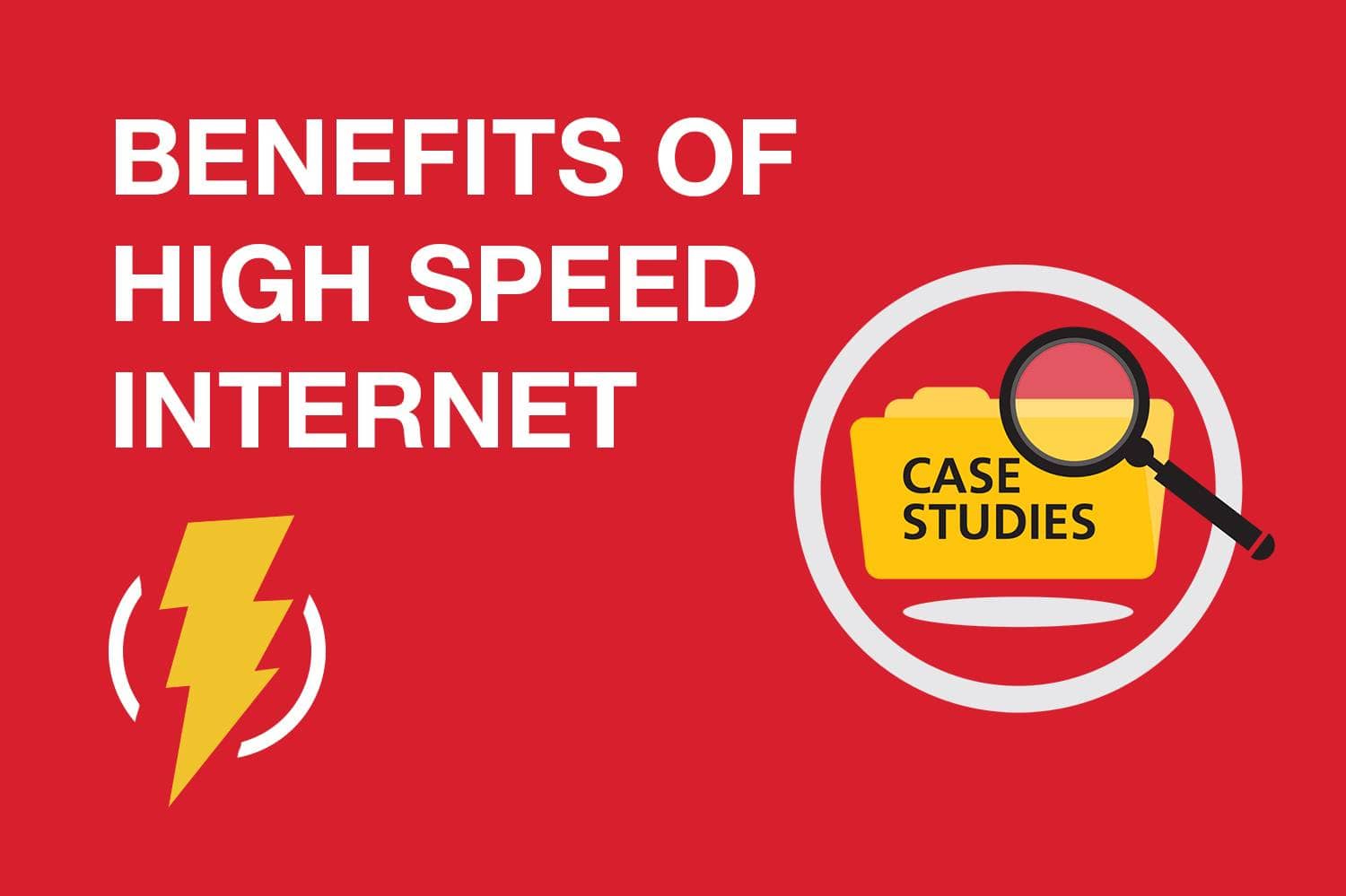Case study- residents and SMEs
Desk-based research produced topic groups for the data available to holders of gigabit vouchers in partnership with the GBVS team. These are “spaces” for possible understanding that are in line with the goals, theory of change, and theorised advantages of the BDUK Benefit Framework and the Local Full Fibre Networks programme as well as the GBVS. The use of a theme assisted in: 1. Align topics broadly with industry groups and crossovers in productivity, such the London-based company Make Shift that manages coworking and creative event spaces. This gave a more comprehensive understanding of how the connection is 2. Given the time limitations for this study, it was crucial to provide the conversation with research participants focus and direction. This covers the time required to build rapport and mutual trust as well as to spot emerging issues of interest. 3. Give a thorough illustration of the range of recipients that the GBVS supports. This covered citizens and consumers who use these services as well as businesses and individuals that employ high-speed Internet in corporate settings to execute online and digital programmes. The following themes were mentioned in the study proposal: 1. Linking People (Health, e-health and communities). 2. Innovation and Creativity (digital businesses). 3. Research and Development (technology innovation). 4. Government infrastructure (construction, developers and energy cloud services). Numerous challenges during the sample relationship-building phase led to a smaller sample group. initial email and phone exchanges, for instance, with representatives from the science and technology sectors, revealed that businesses were modest in size and that staff members weren’t usually situated in the office or lab. To get around this, more local samples from London were chosen because they would be easier to visit and would have a wider range of possible productivity gains. For instance, the owner of the events venue London Craft Club also runs the B2B “Craftwork London,” a corporate-style programme that offers hands-on learning opportunities for craft activities. The two businesses, which operate from the same location and rely on an Internet platform as well as constantly changing and updating digital content, have quite different business models. As a business with two markets, this gave us a wide range of insights.
Data collection and findings
Although it was positive that fibre connections were available outside of larger cities, it was revealed in a conversation with a Bristol-based entrepreneur that the cost is still a disincentive for households and SMEs due to the lack of provider options. Contracts frequently fail to take geography into account, which diminishes the feeling of place that infrastructure investment in smaller communities had helped to establish. In B4RN neighbourhoods, the cost of broadband was appealing because the provider gave significantly lower monthly prices than the rival, who only provided a copper connection (much lower bandwidth capacity than fibre). However, even within this community, there were people who were content with their current copper connections and didn’t see the need to upgrade, as well as people who switched to fibre “since it came past the door” but didn’t notice much of a difference in how they watched TV and sent emails on a daily basis. Despite the fiber’s obvious dependability, not everyone would choose it if other connections-related variables (such cost, lesser usage, difficulties switching contracts or suppliers) weren’t taken into account. Flexibility and affordability at the business level are obstacles, A pop-up events company expressed dissatisfaction with the contract restrictions in situations when only temporary agreements were required, such as festival locations and other seasonal enterprises. Those with limited incomes or those who only have short-term needs may find it difficult to sign a contract lasting 12, 18, or 24 months. In many communities, especially residential ones, there is a lack of understanding of technical language and functioning, which causes users to be in the dark about the type of connection they are using at any given time, Any motivation to consider signing up for an enhanced service may be reduced as a result. Consumers may occasionally be let down by Internet Service Providers’ (ISPs’) promises regarding broadband speeds, which leads to a negative broadband experience. For instance, learning from participants revealed that people believed they already had fibre connections because of ambiguous advertising about “fibre speeds” and the installation of real fibre optic connections. If individuals believe they already have something, they are less likely to look into changing it (or dig up their garden), which could be troublesome for neighbours trying to upgrade. As a result, they felt less trustworthy, which might have made them less willing to contemplate upgrading. The sector regulators Ofcom provide advise on “getting the most from your phones and broadband” on its Advice for Consumers pages, including tips for keeping connected, prices and billing, safety and security, and choosing the correct provider and filing a complaint.

